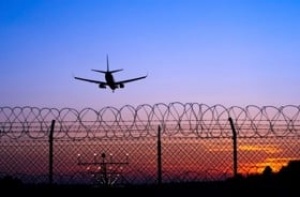Proposed night flight ban at Brussels airport should be scrapped

The International Air Transport Association (IATA) emphasized its opposition to a proposed ban on night flights at Brussels Zaventem airport. The proposal is premature as it ignores Belgium’s international obligations under the Balanced Approach to noise, including bilateral air service agreements and which is also enshrined in EU law.
The Balanced Approach explicitly states that flight restrictions should be applied as a last resort, only after a detailed consultation and cost-benefit analysis, and when the noise benefits to be gained from other possible measures of the Balanced Approach have been exhausted.
Moreover, any night flight ban at Brussels Zaventem airport would have a negative impact on the Belgian economy, and for air connectivity. Many of the flights that would be impacted by a night ban are cargo flights. Belgium is particularly strong in pharmaceutical exports which rely on air transport for rapid, time-and-temperature controlled shipment, in which Zaventem is a world-class leader. In terms of air connectivity, the airport facilitates a modest but important number of night flight connections. Among the routes that would be threatened by a ban are connections to Africa – one of the world’s fastest growing economic regions.
“The noise concerns of the community around Brussels airport must be heard, but it is profoundly unfortunate that Minister Gilkinet has attempted to circumvent the Balanced Approach, which is the long-accepted and successful international process for managing airport noise impacts. The Balanced Approach specifically helps to mitigate noise while protecting the benefits of air connectivity for the economy and community both near the airport and across Belgium as a whole, not least in terms of thousands of jobs. It is vital that the government scrap this proposal and instead engage in a meaningful consultation with stakeholders,” said Rafael Schvartzman, IATA’s Regional Vice President for Europe.

